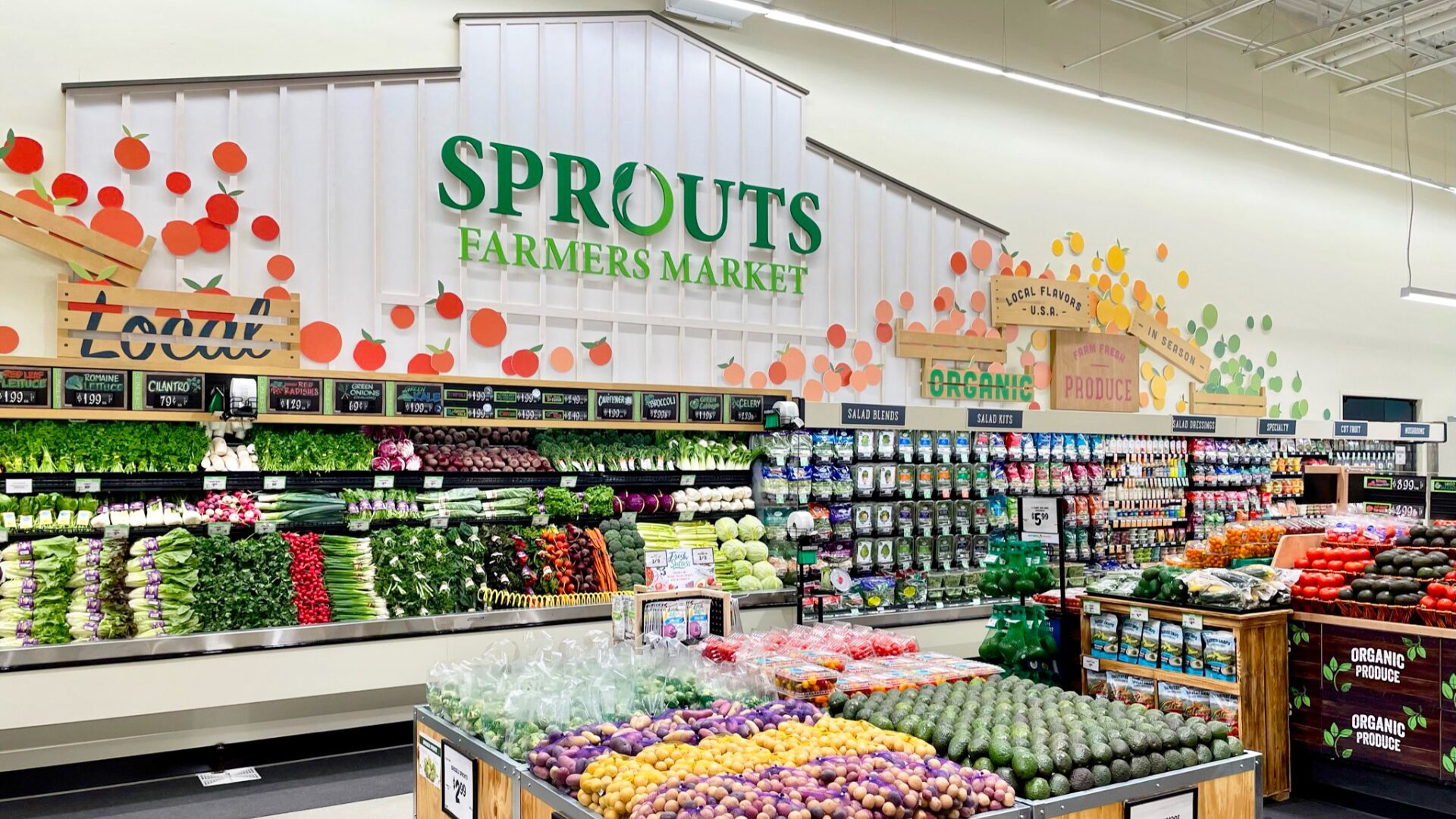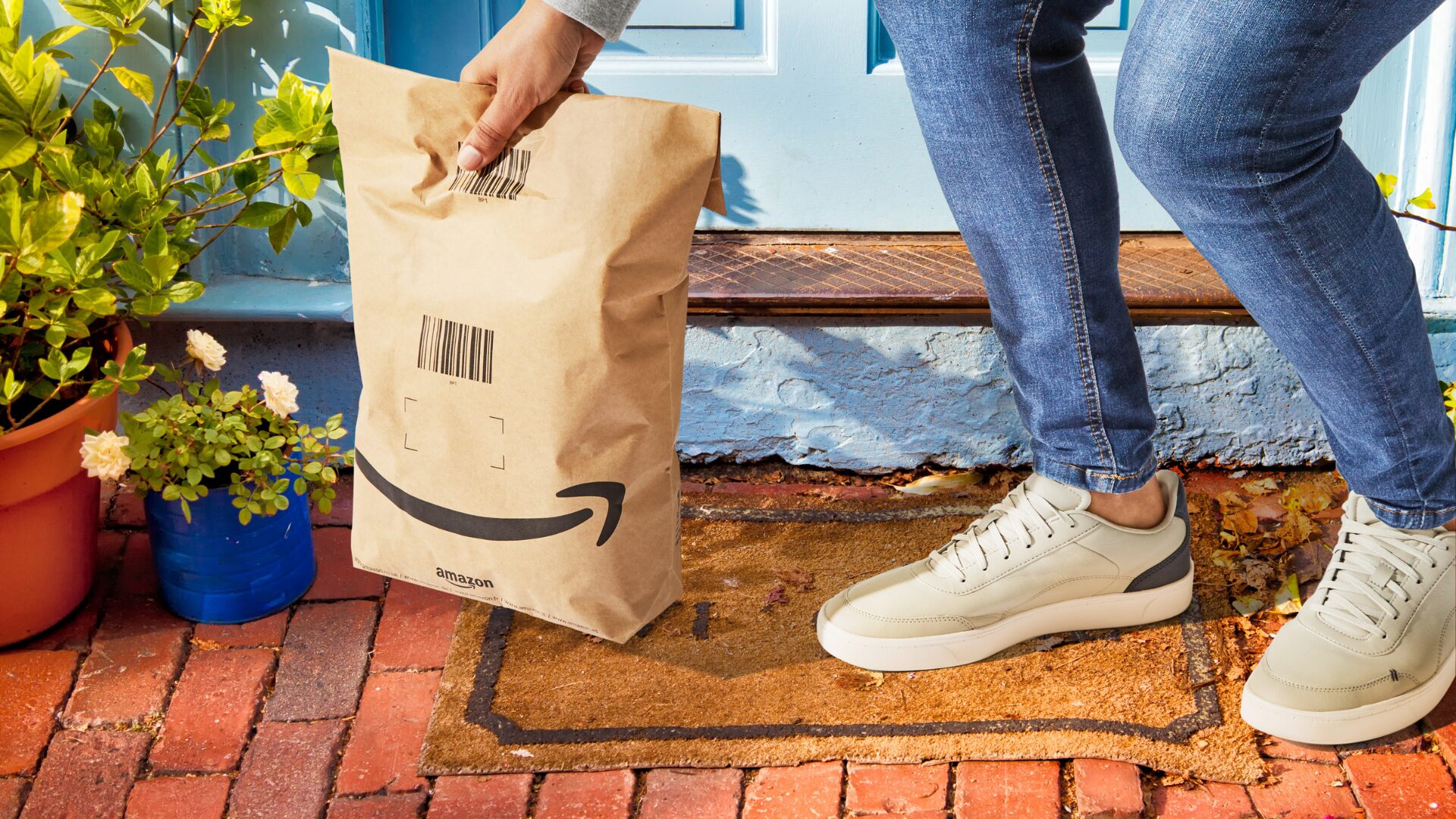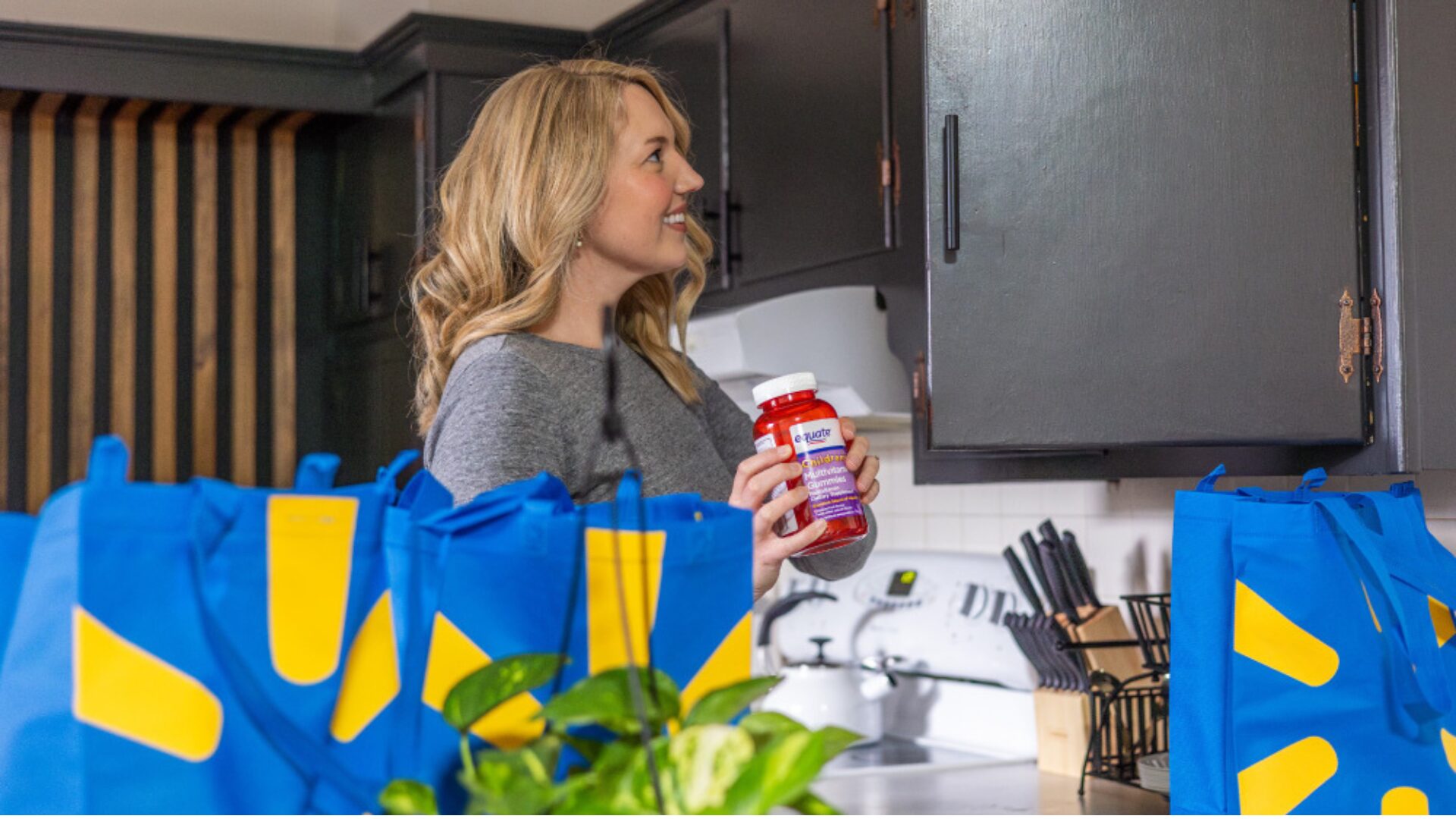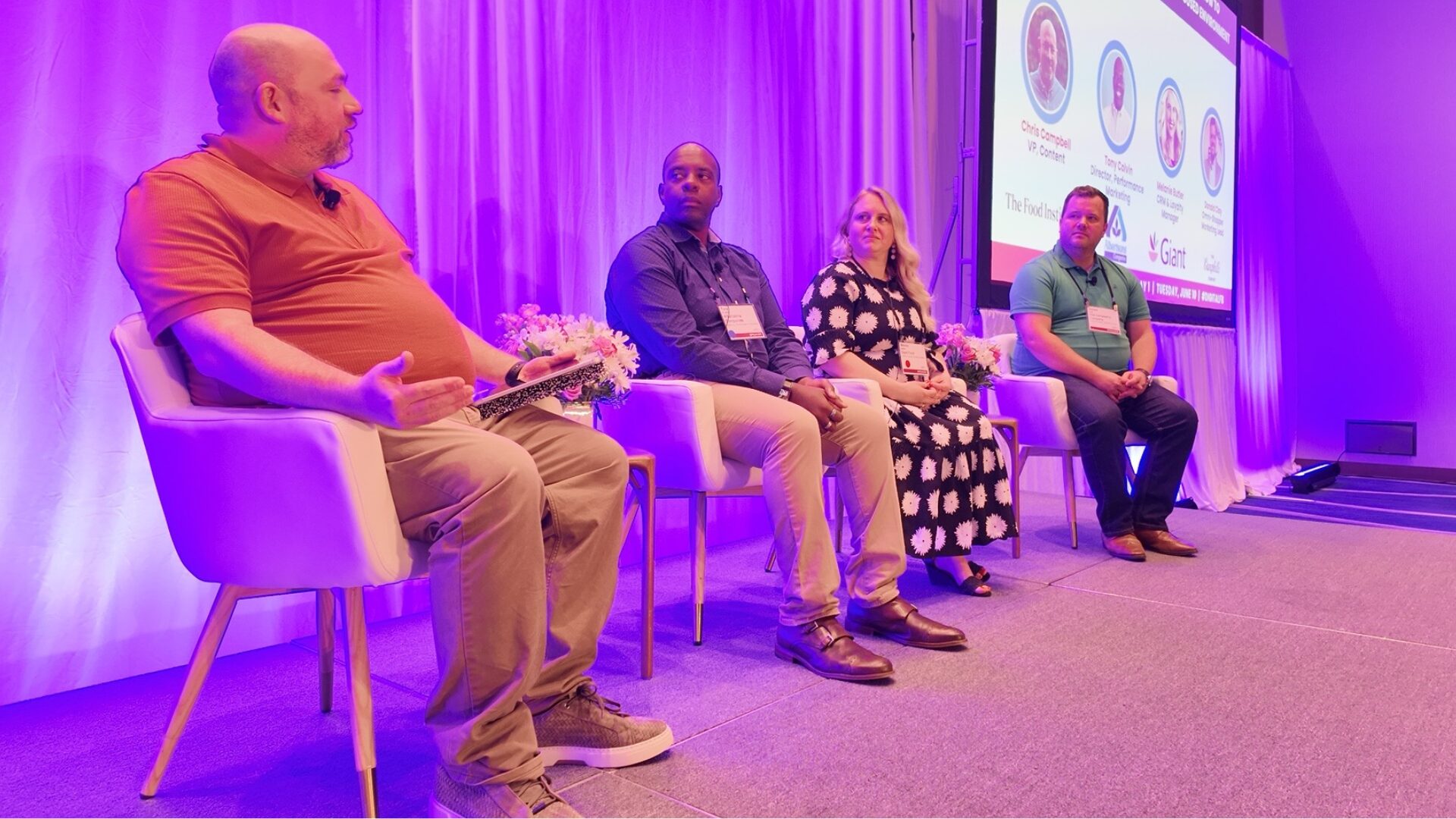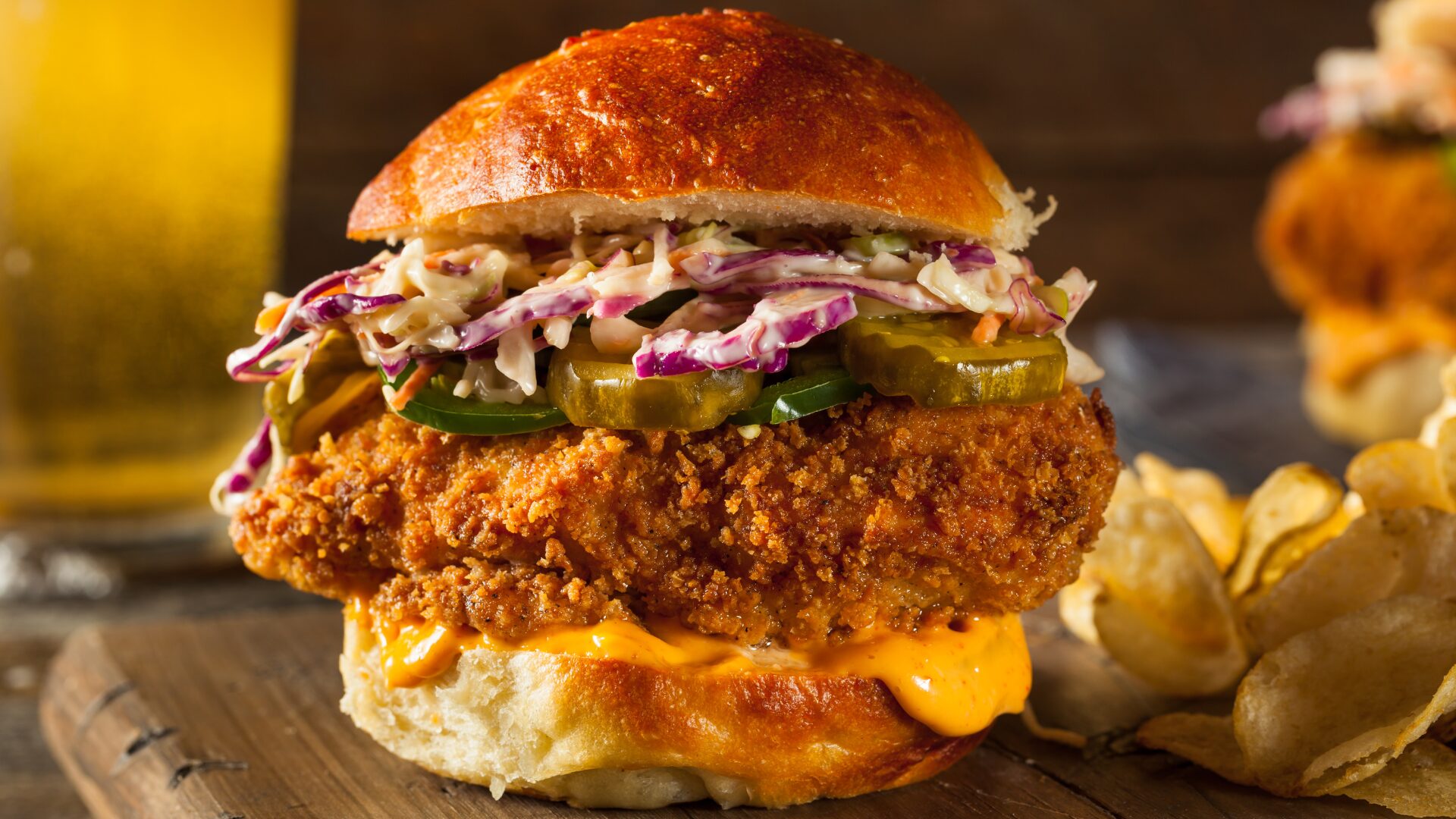Recent delivery innovations by Amazon, Kroger, and Walmart are bringing groceries beyond consumers’ doorstep.
Sales from grocery deliveries surged throughout 2020 and demand for the service remains high. In February 2021, online grocery deliveries and in-store pickups totaled 6.1 billion, according to a report by Statista.
As competition between grocery delivery providers continues to intensify, key players are thinking outside the box to keep the online business they attracted throughout the pandemic.
Services In-Home, On Location
In April, Amazon expanded its “Key by Amazon” delivery service to include groceries. The service allows all prime members using Amazon Fresh and Whole Foods Market to have their grocery deliveries placed securely inside their garages when they aren’t home, reported Business Insider (April 27).
Walmart is expanding its “InHome” service, which enables delivery people to enter homes and put groceries in the refrigerator while customers are out. The retailer began testing the service in 2019 but paused during the peak pandemic lockdown period. InHome will be available in five states by July, reported Bloomberg (April 28).
In May, Kroger launched a pilot offering grocery delivery via autonomous drones. The service, which utilizes Drone Express technology, delivers packages within as little as 15 minutes based on smartphone locations rather than street addresses. Kroger’s ultimate goal is to provide a new level of flexibility for customers to access what they need anytime, anywhere.
Potential Hurdles
The current weight limit for Kroger’s drone delivery is approximately five pounds, which narrows the accessibility of the service. To offset weight challenges, Kroger is pre-bundling items for on-the-go scenarios, such as picnics and cookouts, along with child-care essentials.
For both of the aforementioned in-home delivery services, some technological investments are required. Customers need to purchase a connected smart lock so the delivery person can enter the premises. While there is some flexibility regarding the type of lock, both Amazon and Walmart promote products made by companies they have financial stakes in.
Amazon also recommends that shoppers watch deliveries on a smart-home camera. While the appeal of convenience is strong, so is the uncertainty of allowing strangers into one’s home. As consumer psychologist Peter Noel Murray told Bloomberg in the recent article, safety and security are “paramount” for post-pandemic shoppers.





